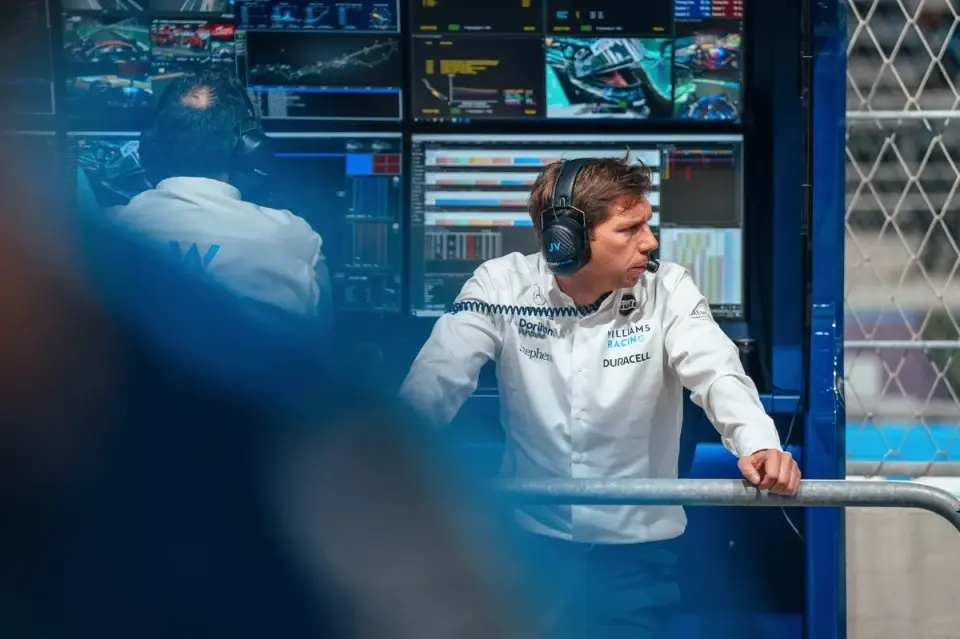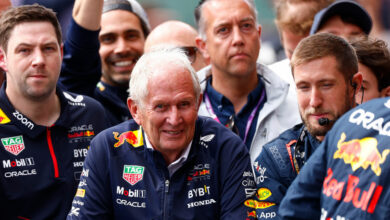Williams F1 Team Principal James Vowles Calls for Urgent Revisions in Formula 1’s Cost Cap System
In a recent interview, James Vowles, Williams Formula 1 team principal, highlighted the necessity of revising the sport’s cost cap to support teams with outdated infrastructure. His emphasis on this issue underlines the challenges faced by teams like Williams, struggling with facilities that are decades behind.
Key Takeaways
- Vowles’ Perspective on the Cost Cap: James Vowles praised the operational cost cap in Formula 1 for narrowing the competitive gap between teams. He explained that it includes salaries and car construction, but also emphasized the importance of considering capital expenditures (CapEx) for long-term assets like machinery.
- Williams’ Infrastructure Challenges: Vowles pointed out the significant obsolescence of Williams’ facilities. He has been actively advocating for investments in the site to update and improve the team’s infrastructure, which is crucial for staying competitive.
- The Need for Cost Cap Tweaks: While appreciating the intent behind the cost cap, Vowles argued for its refinement, especially regarding capital expenditure. He noted that the current system disadvantages teams with older infrastructure, like Williams, suggesting that adjustments are necessary for a level playing field.

James Vowles, as the team principal of Williams, offered an insightful perspective on the current state and future needs of Formula 1’s financial regulations. Speaking with KTM Summer Grill, Vowles shared his thoughts on the team’s current situation:
“When I joined, and still today for that matter, we’re still behind. There’s no doubt about it, the infrastructure we have here is 20 years out of date. I’ve been pretty vocal and public on it for good reason, because I wanted to make sure we start to invest in this site.”
His comments shine a light on the ongoing struggles of teams trying to compete under the constraints of outdated facilities. Vowles then elaborated on the complexities of the cost cap system in F1:
“Now, there’s some good, lovely things in the sport, and one of them is cost cap. There’s an operational cost can, and a capital expenditure (CapEx) cost cap. It’s awfully complicated but the operation one is basically the salaries and building of the car, and that’s a really good cost cap. That’s why the sport is getting better, in my opinion, and the teams are getting closer together.”
However, Vowles highlighted a crucial aspect of the CapEx cost cap, which he believes poses a significant challenge for teams like Williams:
“The second cost cap is a capital expenditure, and what that means is any machines or large infrastructure you’re keeping from multiple years, that also gets restrained, fundamentally. Again, it’s a good thing but it does hurt organisations like ourselves that have infrastructure that my COO [Chief Operating Officer] described as from the Ming Dynasty…We’re on the back-foot.”
These insights from Vowles underscore the need for a balanced and fair cost cap system in Formula 1, ensuring a competitive landscape that accommodates both new and established teams, especially those grappling with older infrastructure. The call for action is clear: the sport must adapt and evolve its financial regulations to maintain its competitive spirit and technological advancement.



